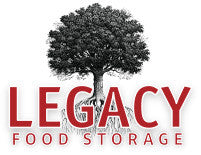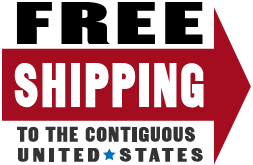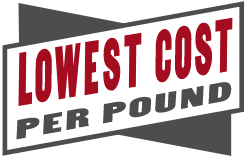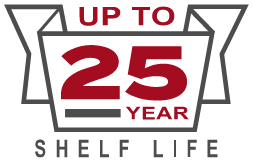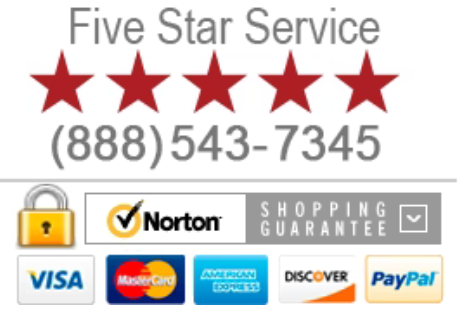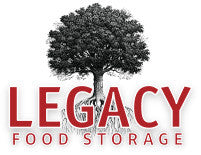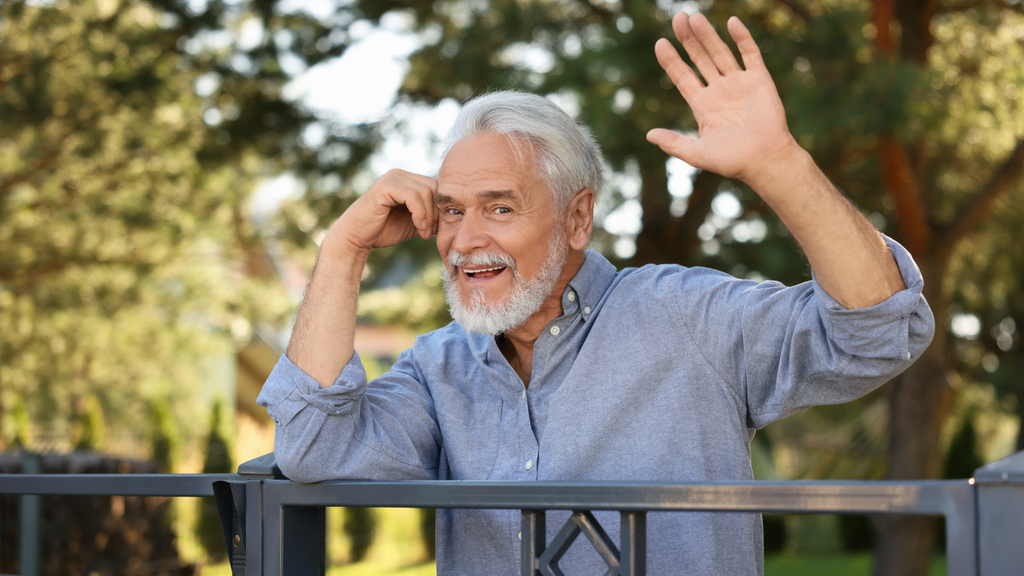
Community Resilience: Your Greatest Asset in a Crisis
When we think about emergency preparedness our minds often jump to gathering supplies or learning survival skills. But there’s another often overlooked resource that can be just as powerful in a crisis: our social connections.
In times of disaster, strong community connections can make all the difference. Think about it—your neighbors could be your first responders, offering help, sharing supplies, and providing much-needed emotional support. That friendly wave you exchange over the fence today might turn into a lifeline of crucial information or shared resources tomorrow.
Building these connections doesn’t require big gestures or a lot of effort. Start with something as simple as introducing yourself to a neighbor you don’t know well. Attend a local event, join a community organization, or even just strike up a conversation at the store. These small actions can begin relationships that have the ability to become vital support systems when disaster strikes.
I remember reading about a neighborhood in New Orleans after Hurricane Katrina where the sense of community was so strong that residents helped each other evacuate, shared what little they had, and supported one another through the recovery process. These weren’t trained rescuers; they were ordinary people bound together by their shared connection.
Social connections also play a crucial role in combating isolation, which can be a serious problem during emergencies. For older adults or those with disabilities, a strong social network can be the difference between being overlooked in evacuation plans and receiving the help they need.
As we prepare for potential emergencies, don’t underestimate the power of community. Stocking up on water and non-perishables is essential, but investing in our relationships might be the most valuable preparation of all.
So, the next time your neighbor smiles and waves, wave back!
Tags
- All
- 25 year food
- 25 year shelf life food
- 72 hour kit
- Best food storage types
- Best long-term food storage
- Blizzard preparedness
- Budgeting
- canning
- Certified GMO-free Emergency foods
- Certified GMO-free foods
- Coffee
- Comparison of emergency food methods
- Composting tips
- Dangers of genetically modified foods
- dehydrated food
- Edible Wild Plants
- emergcy preparedness
- Emergency Cooking
- Emergency Food
- Emergency food Christmas gifts
- emergency food storage
- Emergency Food Supply
- Emergency food supply recommendations
- Emergency Planning
- Emergency Preparedness
- Emergency preparedness advice
- emergency preparednesss
- Emergency Supplies
- Emergency supplies checklist
- Emergency Survival
- emergency survival gear
- Emergency survival kit checklist
- Emergency Survival skills
- exercise
- Family emergency preparedness
- Family emergency preparedness plan
- Family Preparedness
- Food Storage
- Food storage 25 year shelf life
- Food storage amounts
- Food storage Christmas
- Food storage containers long term
- Food Storage Secrets
- Food storage serving size
- Food storage types compared
- freeze dried food
- Freeze dried food storage
- freeze dried meats
- Freeze-dried emergency food storage
- Fruit Trees
- Gardening
- Getting Started
- Gluten-free food Storage
- Gourmet emergency food
- Healthy food storage
- How much emergency food to store
- Improved emergency preparedness
- Jared Markin
- Jared Matkin
- Legacy Premium
- Lessons learned from Hurricane Sandy
- Lessons learned from natural disasters
- long-term food storage
- Long-term Food Storage Guidelines
- Long-term Food Storage tips
- Long-term water storage
- Mental Emergency Preparedness
- Mental toughness
- Money-saving tips
- Natural disaster planning
- Natural Disasters
- Perfect Christmas gifts
- Pet Emergency preparedness checklist
- Pet Emergency preparedness kit
- Pet Emergency Survival tips
- Pets and Emergency Preparedness
- Plant Foraging
- portable solar panels
- portable solar power
- portable water filters
- protein drinks
- Risk of genetic modification
- Seed saving and storage
- Seed saving guide
- Self-reliance
- Self-reliant practices
- Shelf Life
- Solar Cooking
- Solar Ovens
- Special Dietary needs
- Stranded in a car in a blizzard
- Survival food
- Survival Gear
- survival kit
- Survival kits
- Survival Ovens
- Survival Skills
- survivalist gear
- suvival kit
- Tree Pruning tips
- Tree Trimming basics
- unique ideas
- water bottle with filter
- water filter
- water filter straw
- water filters
- Water Filtration
- water pitcher with filter
- water pitchers with filters
- Water purification
- Wild Food Foraging
- Winter composting
- Winter driving
- Winter preparedness tips
- Winter storm preparedness tips
- Winter Survival
